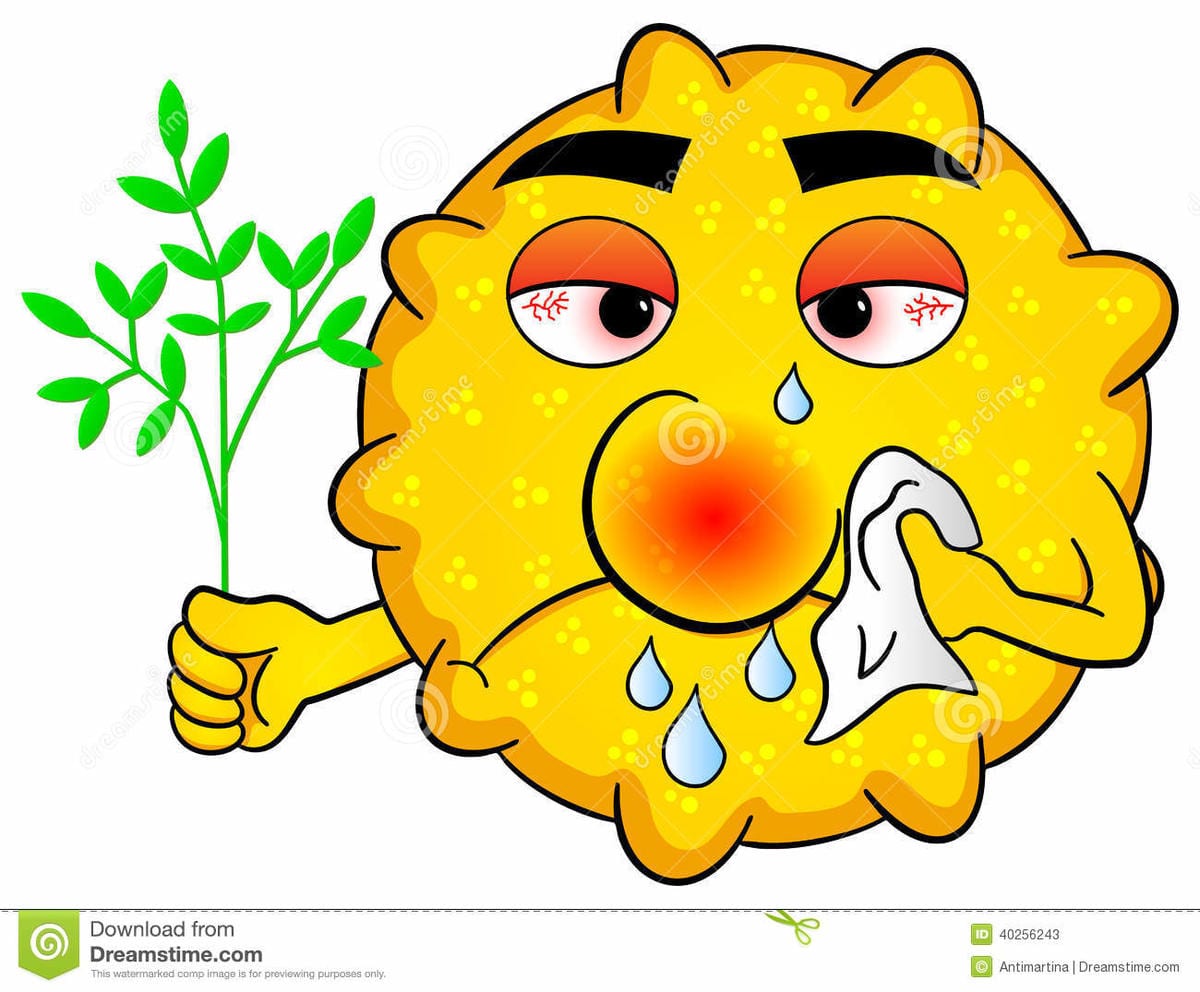Student Medical Information
Student Medical Information
It is essential for your child’s protection and ours, that we are fully aware of necessary treatment and medication requirements. Please ensure that all medical information is current and up to date on your child’s enrolment forms. Where severe medical conditions or allergic reactions exist, we ask that parents complete Health Care forms available from the school office as soon as possible.
- A student is carrying medication to school, what form the medication takes e.g. Tablet, mixture, inhaler, and for what reason.
- Any condition exists e.g. Asthma, allergic reaction to bee sting, which may require staff to take emergency action.
- Any medication which may require school staff assistance.
- There is a need for safe storage. Is the student carrying medication which may be a danger to other students?
All medication brought to school must be clearly labelled with the student’s name, drug’s name and strength. Where prescribed medication is necessary, instructions from prescribing doctor are required. If the student has medication to be administered at school, parents must contact an administrator accordingly and complete relevant documentation.
PEDICULOSIS – (Head Lice and/or Nits)
SCHOOL NURSE
SCHOOL DENTAL NURSE
SCHOOL PSYCHOLOGIST
MEDICAL FORMS
If there are any changes to your child’s medical condition or medication is to be administered at school, please present to the school office where you will be provided with the appropriate forms to complete.
To download the most up to date Action Plan forms please visit http://www.allergy.org.au/health-professionals/anaphylaxis-resources/ascia-action-plan-for-anaphylaxis
FRIENDLY REMINDER
MEDICATION
We do ask that you please refrain from placing medication in your child’s school bag. All medication brought to school for example Ventolin, Panadol, Nurofen etc must come up to the office where the appropriate paperwork needs to be filled out.
As part of the Department’s Health Care Policy, you will be asked to complete a student health care summary form which provides an overview of your child’s health care needs and information for use in a medical emergency. This plan will enable the medication to be administered at school and ensure it is in a safe place where we can monitor and review regularly.
Your cooperation with this would be greatly appreciated. Should you have any further queries or questions please phone the school on 9253 9450.
Colour blindness: babies, children & teens | Raising Children Network
Undescended testicle: 0-18 years | Raising Children Network
Scoliosis in children and teenagers | Raising Children Network

